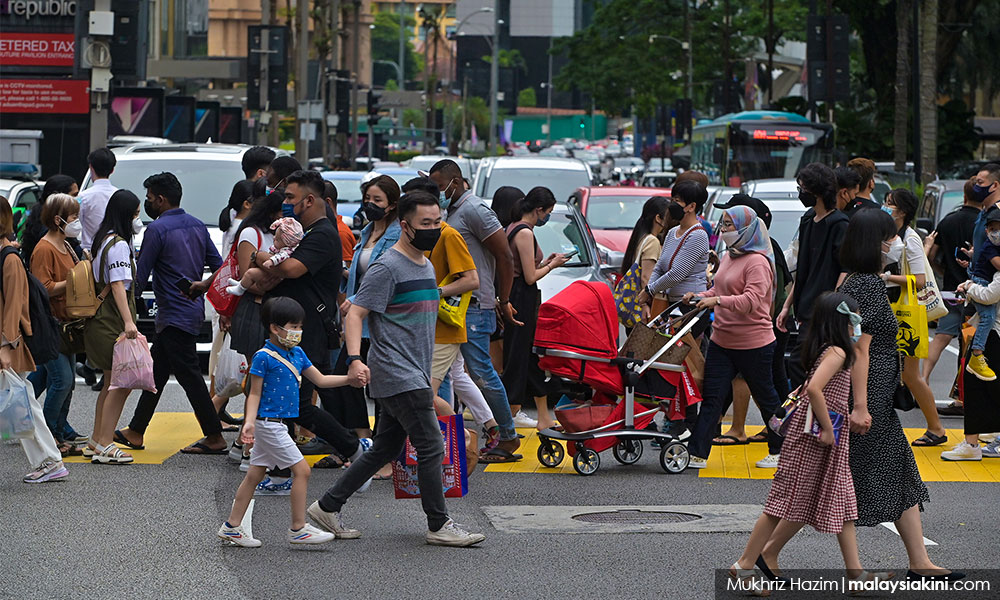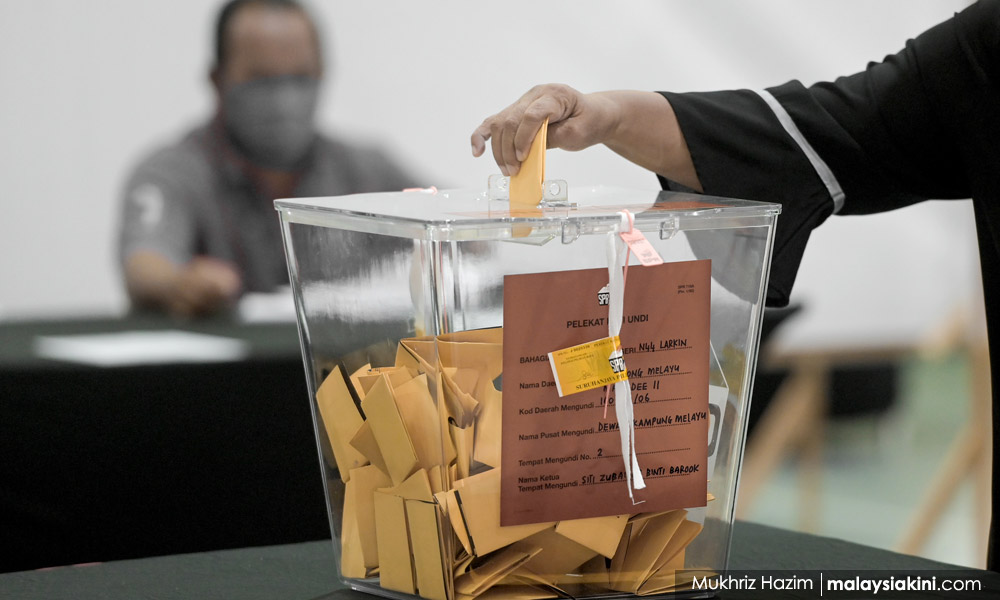Is it any wonder that we’re becoming increasingly frustrated and filled with animosity as a society, when we can’t seem to get unstuck no matter how hard we try?
Even in our most economically developed cities, people who give out so much of their day to make a living find it a struggle to make ends meet.
You can do all the right things: study hard and earn your degree(s), devote most of your waking hours to your job, and even run a side gig in between, and it is still difficult to afford a decent quality of life.
Social mobility, or “improving one’s station” to use the archaic phrase, is even more of a dream. Meanwhile, those fortunate enough to be born “comfortable” can afford to take risks (or fall sick) with little worry and reap the rewards of the opportunities that wealth affords them.
Shared dissatisfaction
This inequality of opportunities and the reasons they exist need serious concern. After more than a half-century of independence, and many years of expansive GDP growth and government plans, why do many still feel (and are) left behind?

People’s frustrations emerge from lived experiences, and I am sure many readers here have a story or three that they can easily share. In fact, these experiences are commonplace and well-known, like receiving poor education in national schools, the difficulty of accessing government assistance, or the lack of basic infrastructure.
This is not to say that everyone suffers in the same way or to the same degree, but there is shared dissatisfaction over core issues that affect everyone’s quality of life. We could be talking about this 10 years ago, and we would still be discussing the same issues, yet here we are today, in a worse position.
Often, the individual is blamed for not trying or working hard enough to improve their situation. If they had worked harder in school or made more effort to improve themselves, they could have found as much success as anyone, or so the thinking goes. Never mind that it completely ignores the many external challenges that a person may face.
Remember Veveonah Mosibin, the student who sits up a tree daily just so that she can get online reception to be able to follow classes online? How is it fair to expect extraordinary effort from people who come from modest backgrounds just to be able to access basic opportunities, when others barely have to step out of their walled gardens?
Let’s talk it through
We don’t need another major scandal to know that there is something seriously wrong in the territory of Putrajaya, we’re very aware of that already. Is it any wonder that we’re becoming increasingly frustrated and filled with animosity as a society when we can’t seem to get unstuck no matter how hard we try?

Voters want to know why we have the problems we have, and what can be done to improve them. “We’re better than them, we can” isn’t really the most enticing pitch, especially to a cynical public who’s only seen things get bad to worse despite the rotating cast of characters at the top.
It is as important that we voters be very discerning in listening to what competing political parties have to say substantially on these issues and seek clear commitments to finding solutions. Voters need to be very clear and demand this from them when we meet them at the hustings or when their campaigners come a-calling.
There are many people, young or otherwise, in political parties today that want more attention directed towards these issues and for there to be a material conversation about them. They are passionate about these issues and want them to be solved.
Beyond that, many suggestions have been made, whether by political parties, civil society organisation initiatives like Manifesto Rakyat, or government agencies themselves.
There needs to be public scrutiny and evaluation of their effectiveness and in the case of implementation, where they fall short. This needs to be a conversation that is built around facts and figures and not merely vibes.
Some may disagree and say that these issues are boring. “The public doesn’t care for policy, the media won’t pick it up!” Perhaps that is a function of the communications plan rather than the issue itself. When there is a clear and sustained narrative, even something as eye-wateringly boring as routine bond market operations can be weaponised. That is not an exaggeration.
It also does not mean that scandals are ignored, just that they don’t monopolise all the airtime for politics when people are bored of hearing about them.
Similarly, I am sceptical that a mandate, big or small, won by appealing to ethno-nationalist sentiments will be able to focus on making the hard decisions that go against entrenched interests, whether in the private or public sector.
History shows us that it becomes an enabling force for the victorious among them to continue exploiting the inequalities to their advantage, while people’s miseries are blamed on minorities and vulnerable communities like refugees and migrant workers.
You can’t win everyone over a short campaign period, of course, but you can’t make sustained structural change within a few short years either.
An administration that is committed to a change programme that challenges the wealthiest and the most entrenched will need to invest in building stable support for its agenda over the long haul. - Mkini
LUTFI HAKIM ARIFF is co-founder and podcaster at Waroeng Baru, a not-for-profit collective to promote democratic participation and resilience. He is also the co-author of the book "Parliament, Unexpected" and an unrepentant believer in the power of local independent media. Lutfi tweets at @ltf_ha.
The views expressed here are those of the author/contributor and do not necessarily represent the views of MMKtT.



No comments:
Post a Comment
Note: Only a member of this blog may post a comment.